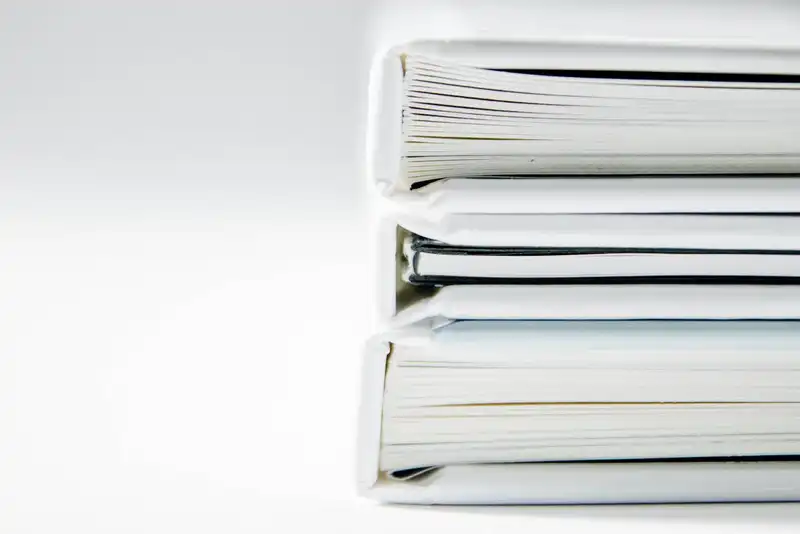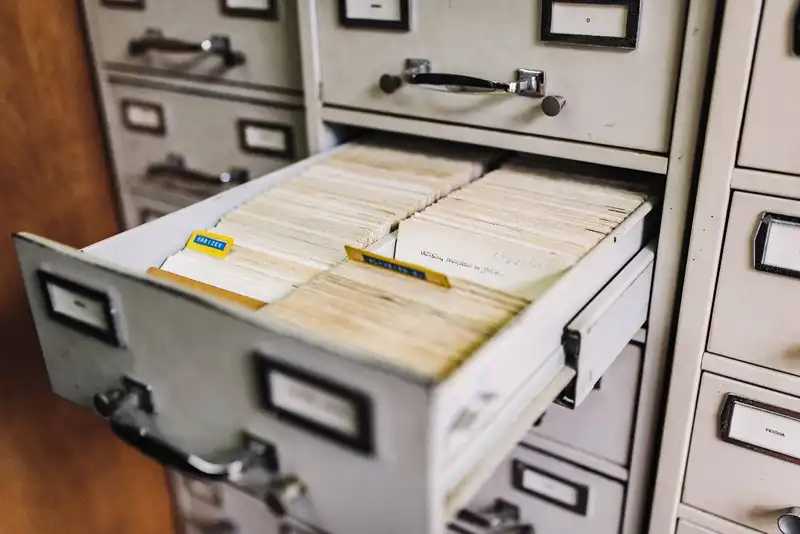6 Expert Tips for Small Business Record Keeping
Introduction to Business Record Keeping
Small businesses and franchises alike will accrue large amounts of business documents regarding finances and operational activities. An efficient system for business record keeping is necessary to monitor these past projects and transactions.
By keeping key files on hand, organizations can verify their activities for accounting purposes. It will also streamline tax preparation processes and annual audits. Additionally, keeping records allows managers to have a clearer insight into their financial health, enabling informed decision-making.
6 Tips for Business Record Keeping

Small businesses that are interested in improving their records management systems can follow these best practices.
Establish a Digital Document Management System
Going paperless will not only be sustainable, but it will also reduce the chance of clutter and disorganization. Managers should digitize their invoices, receipts, and contracts and store them in an online system.
Additionally, electronic files' names can be customized according to what the document entails. For example, a contract with a vendor can be titled, Contract With Vendor A. This makes it easier for personnel to find on the desktop, compared to searching for it in a filing cabinet.
Keep Track of Mandates for Record Retention

Governmental agencies, such as the Internal Revenue Service (IRS), mandate organizations to retain certain documents for a specified time frame. Typically, records must be kept within 2-6 years, depending on what document is. However, business experts recommend that organizations maintain all their records for 7 years, minimum. Many of these records include documents for business income, tax deductions, and payroll.
The following are some of the most common records that small businesses should keep on hand.
- Employee contracts
- Paystubs
- All tax-related forms for the IRS
- Bank statements
- Credit card records
- Insurance records
- Receipts
- Customer and vendor invoice
- Financial records
- Tax returns
- Legal documents
- Business registration documents
- Real estate information
Conduct Regular Back-Ups and Security Checks
In today's digital age, data breaches, software viruses, and theft can occur unexpectedly. Business owners need to take preventative action and back-up their electronic files regularly. Using a cloud-based storage system will typically automatically back-up online records. If the company has physical papers, then a copy of each document should be saved in another location.
Additionally, most business records have sensitive and confidential information, like Social Security Numbers. Therefore, these documents need to be secured appropriately. Companies should set up a system that is password-protected or has two-factor authentication. Regular security checks will ensure that the system is effectively securing information.
Separate Business and Personal Finances

Documents regarding business finances should be separated from personal files. Additionally, all business expenses and checks should only go through the business's bank account, not an employee's or manager's. This will make it easier to track and record the company's cash flow. The IRS also prefers to see that a business's financial activities are entirely separate from personal capital. If it is not, then the organization may have to audit both their personal and business transactions.
Save All Receipts
Effective record-keeping calls for saving all business-related receipts. Oftentimes, receipts from suppliers and third-party partners will be physical documents. These can be kept in a folder reserved for that fiscal year. A note for what and why the purchase was made should be attached to the receipt. Additional information will help the business prove that the purchase was a business expense.
If a company is paper-less, then the receipt can be scanned and digitized. This will add an extra layer of protection, in case the physical receipt is lost or damaged.
Implement Payroll and Accounting Software
Payroll and accounting software can help streamline the record-keeping process. These systems can automatically create and archive key documents, such as customer invoices and tax forms. It also makes it easier for users to locate the files they need. The latest tools can be easily integrated into the company's existing business management solutions.
8 Rules for Small Business Record Keeping

When developing a business record-keeping process, small business owners should consider the 8 key rules.
1. Always keep documents that will supply information for a tax return, such as income, deduction, and credit. These files generally include receipts, bank statements, and payroll records.
2. Keep these financial statements for at least 3 years.
3. Tax records that provide information about employees should be archived for at least 4 years.
4. Records of income omission from a tax return need to be kept for 6 years.
5. Documents about the cost of bad debt or worthless securities should be saved for 7 years.
6. Embrace electronic bookkeeping and schedule regular backups.
7. While expenses related to transportation, meals, and lodging that are less than $75 do not need a receipt, owners should still report the expense to the IRS.
8. A document might be important in the future. When in doubt about a file, keep it just in case.
As a business operates, more documents will accumulate. By following these rules and best practices for keeping business records, management teams can improve their processes.






